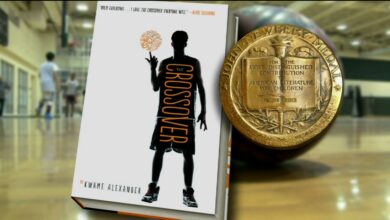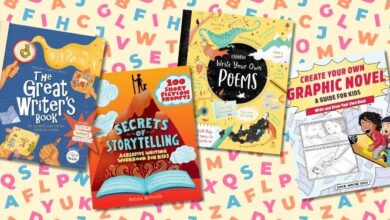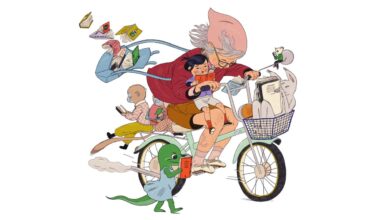When writing, which words will make the cut?

This week’s guest on “Poetry from Daily Life” is Kate Coombs, who lives in Bountiful, Utah. Kate began writing when she was 7 or 8 years old and was first published in 2006. She confides that her first poem was oral. “I asked my mom: ‘What will I be, when I’m through with 3?’ I did not like the answer. I wanted to skip 4 so I could go to kindergarten.” Kate has written poetry collections, picture books, middle grade fiction, and rhymed board books, but first and foremost is a poet. She says that her newest project is always her favorite. That includes a recent poetry collection called “Today I Am a River” about imagining yourself as different things in nature (April 2023). A unique fact about Kate? She is one of seven ethnically diverse adopted children. ~ David L. Harrison
Auditioning for poetry
Many years ago I heard some marvelous advice from the co-director of the UCLA Writing Project, Jane Hancock, about choosing the right words. She was speaking of prose, but I think it’s extra-good advice for poets. She said that each word needs to audition for the privilege of being in a sentence. It needs to be worthy.
Of course, all the sentences in a book should be carefully written, paragraph after paragraph, page after page. But poetry requires a special kind of careful. A poem is the essence of an idea, a vivid image, a small story. It must have density and intensity, like astronaut food before you add the water.
The first draft of a poem always has words that can be replaced with better ones, Round 2 of the auditions. A poem cannot afford a single dull or vague word. A poet revises even a very small poem over and over to make it exactly right.
My first published poetry collection, Water Sings Blue, was about the ocean and its creatures. As publication drew near, my editor wanted me to change a simile (comparison) in my shark poem. I had written that the shark “slides through the water/like an oil spill” and she asked for something different. I considered what the new simile had to do. It needed to have two syllables. It needed to work well with the simile that followed and convey the idea of movement, something that travels. The simile also needed to have a sharkish personality — nothing too cheery, preferably devious.
It took me a week. I thought about all kinds of ways of looking at that shark. I auditioned many, many words, rambling through thesauruses and my own imagination. Until finally, I came up with just the right word. Here is the finished poem with the revised simile in bold:
Shark
He circles and stares
with a broken-glass grin,
his body’s a dagger,
he has lion’s-tongue skin.
He slides through the water
like a rumor, like a sneer.
He’s a quick twist of hunger.
He’s the color of fear.
◆◆◆
When you write poetry, remember to audition your words, especially as you revise. When you read poetry, watch for just the right words and picture the auditions that put them there!
Kate Coombs has written more than 30 books for kids, including four poetry collections. Living in Utah, she appreciates the mountains and the deer in the backyard when they’re not eating her plants. You can visit Kate’s website at www.katecoombs.com.
Source link



